Rapid tests are most accurate when used by people with COVID-19 symptoms in places with a lot of community spread. Similar to the molecular test the antigen test can be used to determine if you currently have COVID-19.
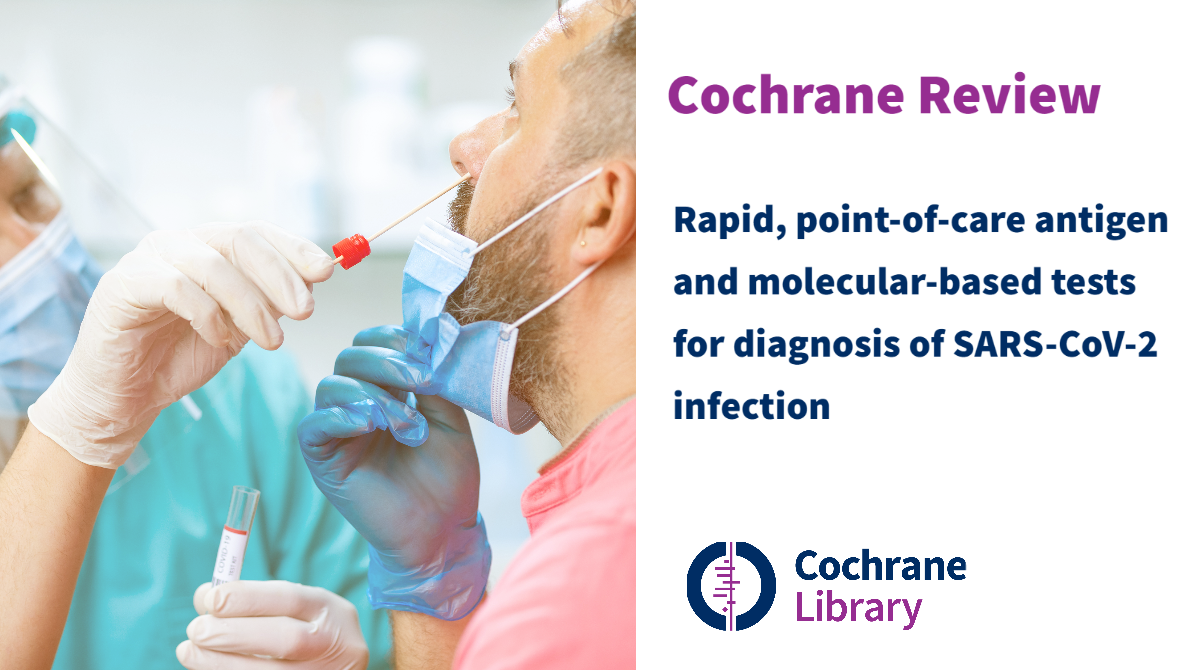
Featured Review Rapid Point Of Care Antigen And Molecular Based Tests For Diagnosis Of Sars Cov 2 Infection Cochrane
The currently available tests for detecting antigen load in patients suspected of being infected with the severe acute respiratory syndrome coronavirus SARS-CoV-2 include the rapid antigen and.
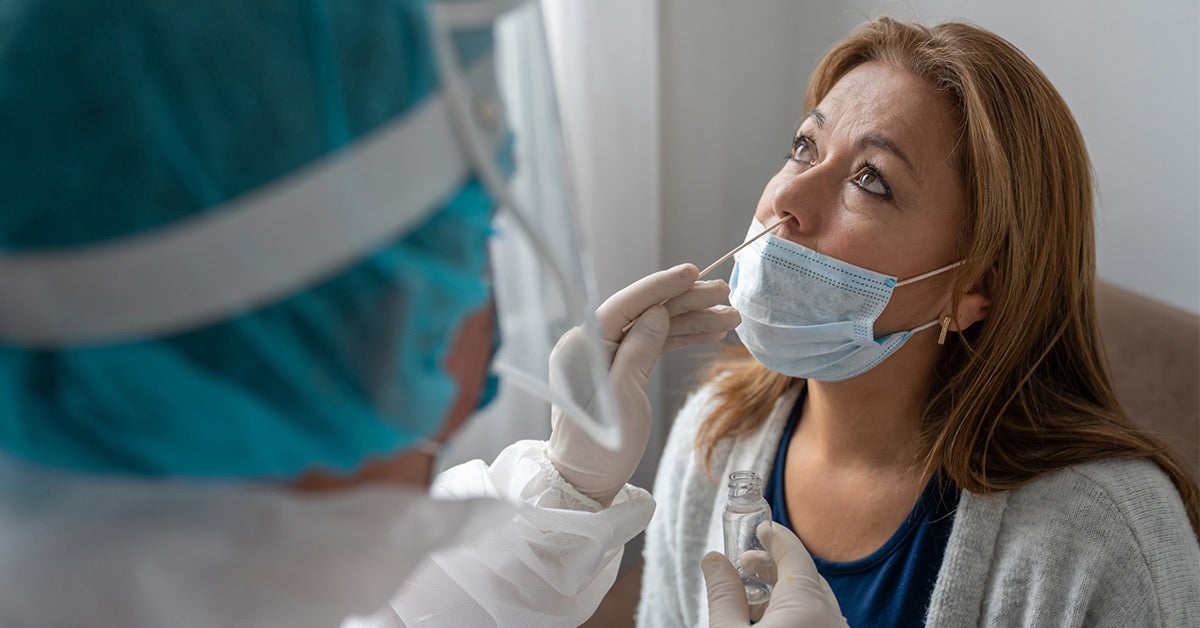
How accurate are rapid antigen covid 19 tests. Now a novel antigen-based COVID-19 detection method developed in a Northwestern University laboratory demonstrated 100 accuracy in a blind test in five or fewer minutes from swab to signal. Rapid antigen tests have different sensitivities for detecting COVID-19 depending on the test type and how often they are used. This list is regularly updated as new tests are approved or if tests are cancelled or withdrawn.
A rapid antigen test detects proteins from SARS-CoV-2 the virus that causes COVID-19 in a sample. Rapid antigen tests will detect most cases of COVID-19 but are not as accurate as the standard test PCR. If you develop symptoms or are identified as a close or casual contact of someone who has COVID-19 NSW Health recommends that you get tested at.
Research suggests rapid COVID-19 tests are most accurate when used in the first week after symptoms start. If you feel unwell or have symptoms of COVID-19 but your rapid antigen test returns a negative result the TGA says you should get a PCR test. Rapid antigen tests are most reliable when used by someone who has symptoms - external site - external site - external site of COVID-19 or when used frequently for example 2-3 times a week.
Vargas says theres a higher probability of a false-negative test result. Rapid COVID-19 tests on the other hand sacrifice a degree of accuracy for speed and simplicity. Accuracy of COVID-19 rapid antigenic tests compared to RT-PCR in a student population.
At-home rapid covid-19 tests are a key to everyday life in many parts of the world. Rapid antigen test are not as accurate as PCR tests. Rapid antigen tests for detecting the coronavirus could be giving people a false sense of security.
The rapid swab test uses a nanomechanical platform to detect multiple surface proteins on the COVID-19 virus and shows potential to differentiate among different variants. Under those conditions a rapid test produces correct results 80 to 90 per cent. In people with confirmed COVID-19 antigen tests correctly identified COVID-19 infection in an average of 72 of people with symptoms compared to 58 of people without symptoms.
The risk of getting a false negative result is. These tests look for proteins on the surface of viruses called antigens or. If you dont have symptoms Dr.
In people with confirmed COVID-19 antigen tests correctly identified COVID-19 infection in an average of 72 of people with symptoms compared to 58 of people without symptoms. Many rapid antigen testing kits contain two tests. Although they are not quite as accurate as lab-based PCR tests rapid antigen tests have comparable accuracy in symptomatic COVID-19 cases.
You can collect the sample yourself at home using a nasal swab or saliva. So rapid antigen tests can frequently give negative results even if you really have COVID-19. The StudyCov study J Clin Virol.
Its possible that youll also see. They only take 15 minutes and can tell with a reasonable degree of accuracy if someone has been exposed to. As accurate at detecting COVID-19 as nasal and saliva PCR tests a positive RAT result must be confirmed with a PCR test used for diagnosis of people with COVID-19 symptoms a replacement for existing nasal and saliva PCR tests.
A rapid antigen test detects proteins from SARS-CoV-2 - the virus that causes COVID-19 - in a sample. Tests were most accurate when used in the first week after symptoms first developed an average of 78 of confirmed cases had positive antigen tests. For the most effective screening you are advised to do two tests within a week.
Rapid antigen tests for COVID-19 are quicker and easier but also less accurate than the PCR polymerase chain reaction tests that Canada has relied upon during the pandemic. You can collect the sample yourself at home using a nasal swab or saliva. They are more accurate when you do the test regularly.
A list of all COVID-19 rapid antigen self-tests home use tests that are approved for supply in Australia is available on the TGA website along with the manufacturers instructions for how to use the tests. Rapid antigen tests will detect most cases of COVID-19 but are not as accurate as the standard PCR test. Tests were most accurate when used in the first week after symptoms first developed an average of 78 of confirmed cases had positive antigen tests.
In Germany manufacturers are allowed to certify the efficacy of their tests without independent.
Racgp Rapid Antigen Testing Guidelines Published
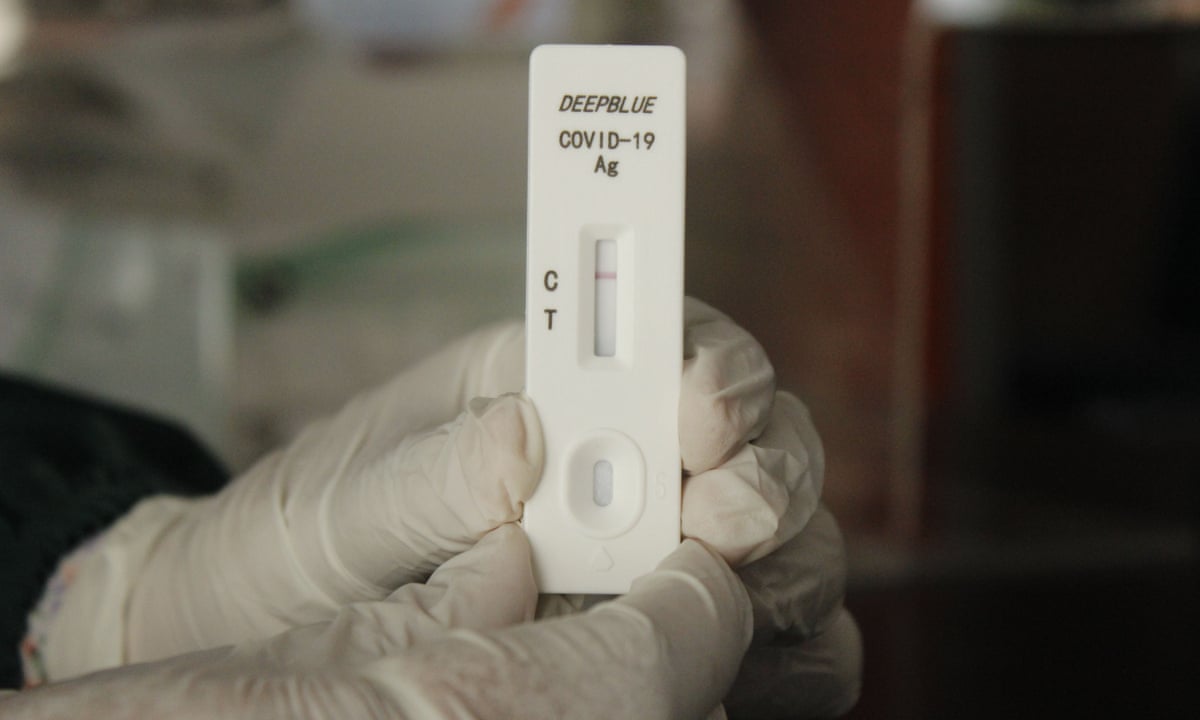
Cautious Welcome For Rapid Antigen Tests To Control Sydney Covid Outbreak Despite Reliability Concerns Health The Guardian

How Accurate Are Rapid Covid Tests What Research Shows
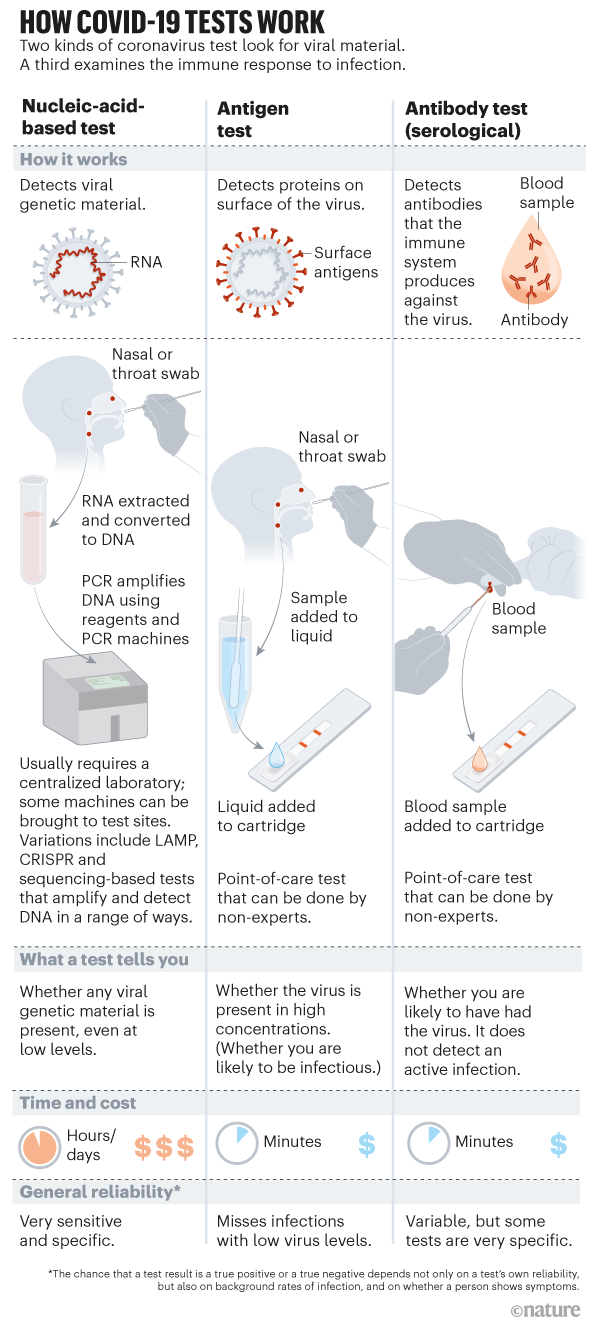
Rapid Coronavirus Tests A Guide For The Perplexed
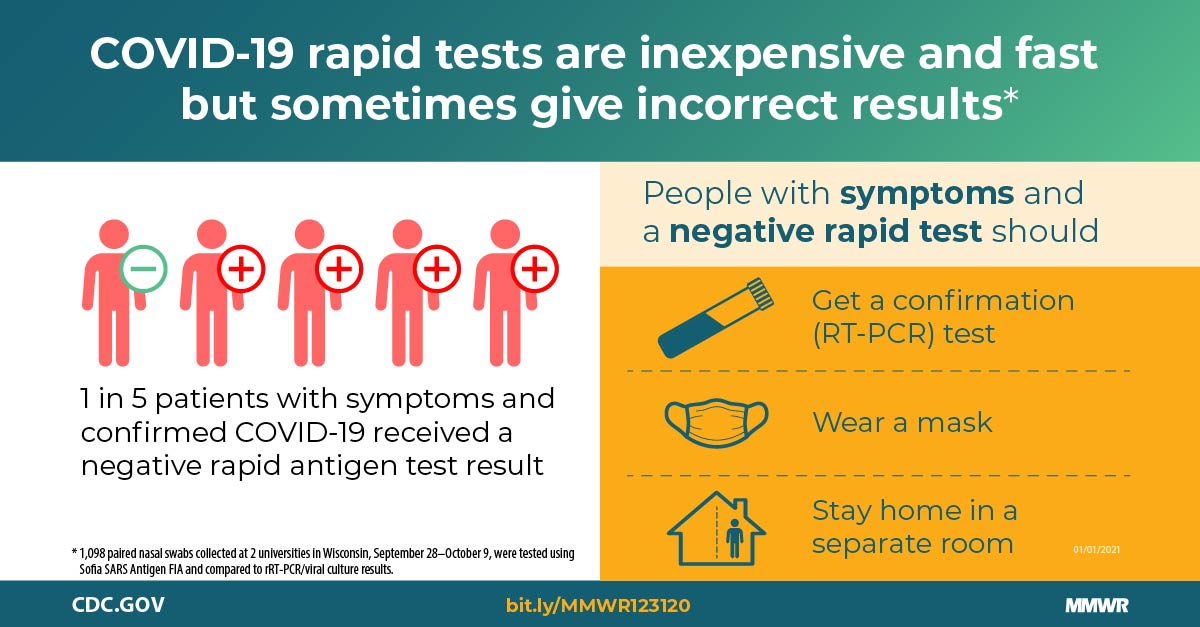
Performance Of An Antigen Based Test For Asymptomatic And Symptomatic Sars Cov 2 Testing At Two University Campuses Wisconsin September October 2020 Mmwr

Tidak ada komentar:
Posting Komentar